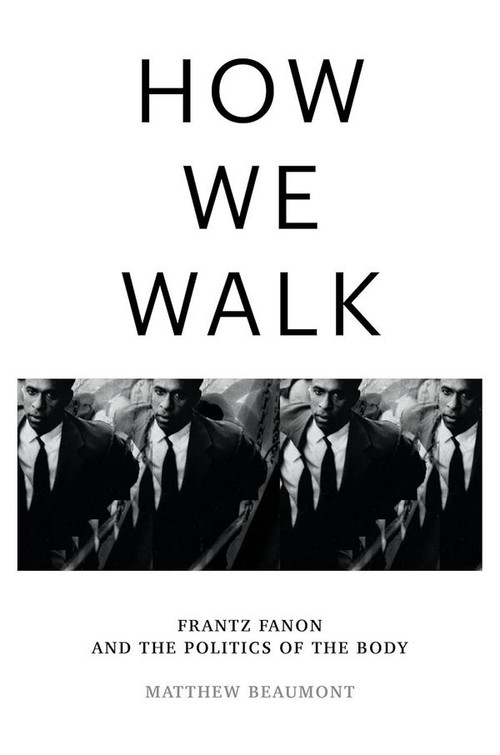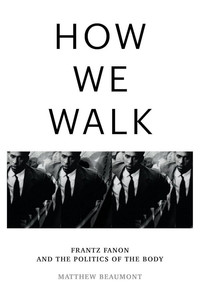Through a series of dialogues with thinkers and walkers, his book explores the relationship between freedom and the human bodyHow We Walk foregrounds the work of Frantz Fanon, psychiatrist and leading thinker of liberation, who was one of the first people to think about the politics of 'walking while black'. It also introduces us to the renegade psychoanalyst Wilhelm Reich, who wrote that one could discern the truth about a person through their posture and gait. For Marxist philosopher Ernst Bloch, the ability to walk upright and with ease is a sign of personal and social freedom.
Through these excursions, Beaumont reimagines the canonical literature on walking and presents a new interpretation of the impact of class and race on our physical and political mobility, raising important questions about the politics of the body.


